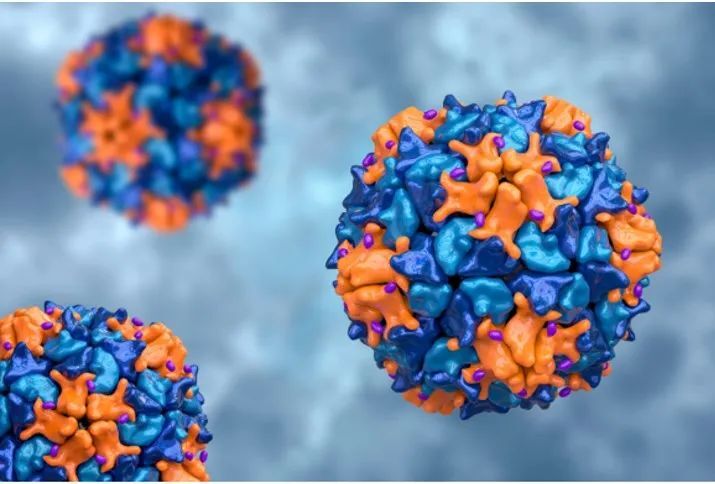In recent years, growing concerns about plastic pollution and its harmful effects on the environment have prompted researchers and innovators to seek sustainable alternatives. This push for environmentally friendly solutions has led to the development of various degradation technologies designed to enhance the breakdown of plastics in a more environmentally friendly manner. Notably, four major advances in this area include AUTAC degradation technology development, LYTAC degradation science and technology development, AbTAC degradation process development and ATTEC degradation technology development. Each of these technologies offers a unique approach to addressing the global plastic waste crisis.

AUTAC degradation technology development
AUTAC (Autonomous Catalytic Degradation) degradation technology focuses on the autonomous decomposition of polyolefins, one of the most commonly used plastics today. The technology utilizes catalysts to promote degradation without the need for external intervention. By embedding these catalytic materials in a plastic matrix, AUTAC enables plastics to break down into environmentally sound products under natural conditions. This technology has the potential to significantly reduce the lifespan of plastic waste in the environment and contribute to a circular economic model.
LYTAC degradation technology development
The core of LYTAC (Lysosomal Targeting and Catalysis) degradation technology is the use of lysosomal targeting to degrade biobased and synthetic polymers. This technology utilizes natural biological processes to facilitate the breakdown of plastics into harmless biomolecules that can be absorbed by living organisms.The LYTAC technology demonstrates a multidisciplinary approach that combines biochemistry and materials science to enhance the biodegradability of plastics while maintaining their functionality over their expected life cycle. The impact of this technology could be transformative, especially in medical applications where plastics are often disposed of in ways that lead to contamination.
AbTAC degradation technology development
AbTAC (enriched catalytic) degradation technology represents a disruptive advancement in the field of polyesters and polyamides. The technology utilizes common natural catalysts, such as enzymes and microorganisms, to accelerate the degradation process. The AbTAC approach prioritizes the use of abundant and readily available resources, making it cost-effective and scalable for large-scale production. This approach not only reduces the burden on the environment, but also ensures that plastics can be effectively recycled or reused after their useful life. By utilizing nature's toolkit, AbTAC promises to make plastic waste management a more sustainable process.
Development of ATTEC degradation technology
ATTEC (Advanced Thermochemical and Enzyme Catalyzed) degradation technology embodies an innovative hybrid approach that combines thermochemical processes with enzymatic reactions to efficiently break down complex polymers. This approach allows for the selective breakdown of specific plastic types and the recovery of valuable monomers, thus creating the potential for closed-loop recycling systems. ATTEC's versatility makes it suitable for a wide range of plastic materials, effectively addressing the diverse composition of plastic waste in the modern world. Furthermore, this technology demonstrates how interdisciplinary collaboration can lead to breakthroughs that significantly reduce environmental impact.
reach a verdict
Advances in the development of AUTAC, LYTAC, AbTAC and ATTEC degradation technologies represent beacons of hope in the search for sustainable solutions to plastic pollution. As these technologies continue to evolve and become more commercially viable, they have the potential to transform the way we make, use and dispose of plastics. Through collaborative efforts in research and development, these innovative approaches not only promise to reduce the environmental impact of plastic waste, but also pave the way for a more sustainable future. Achieving a balance between convenience and environmental stewardship is critical, and with these degradation technologies, we are one step closer to a circular economy that prioritizes ecological integrity.

